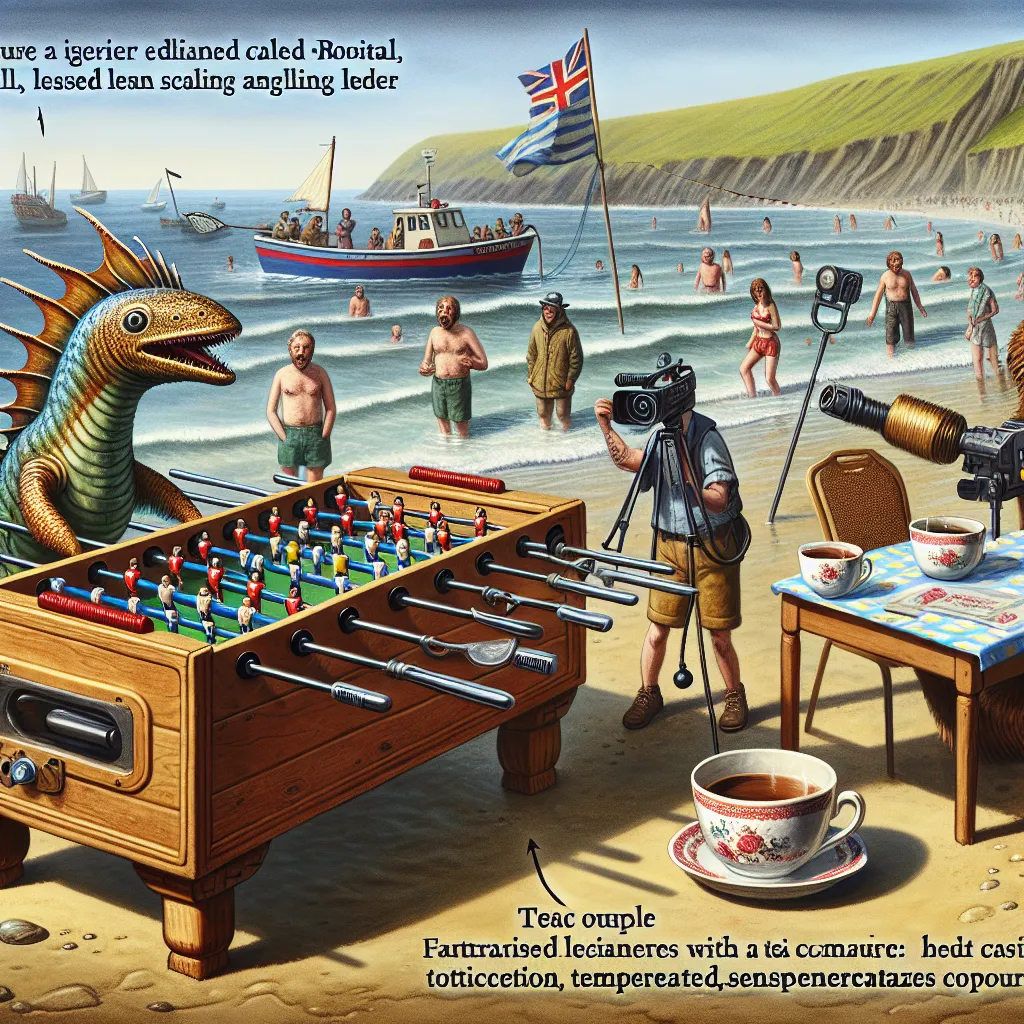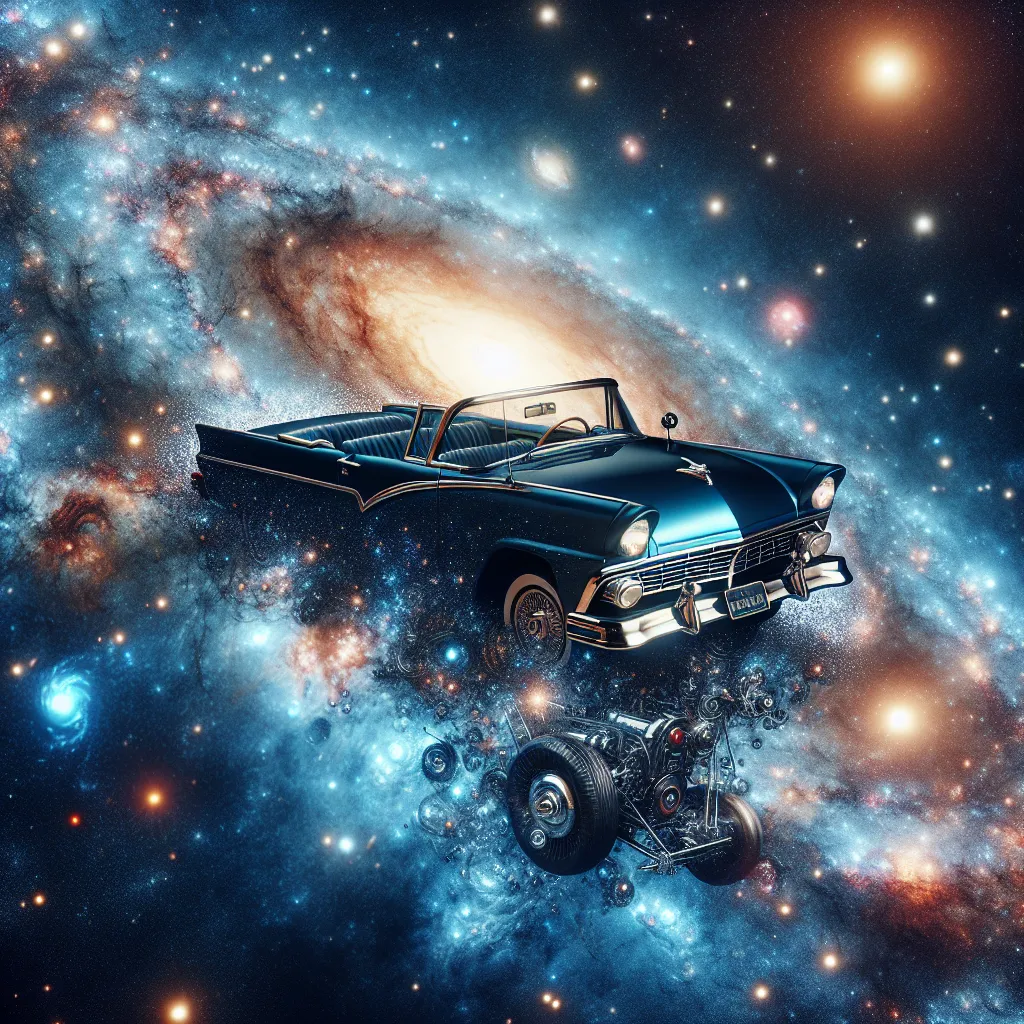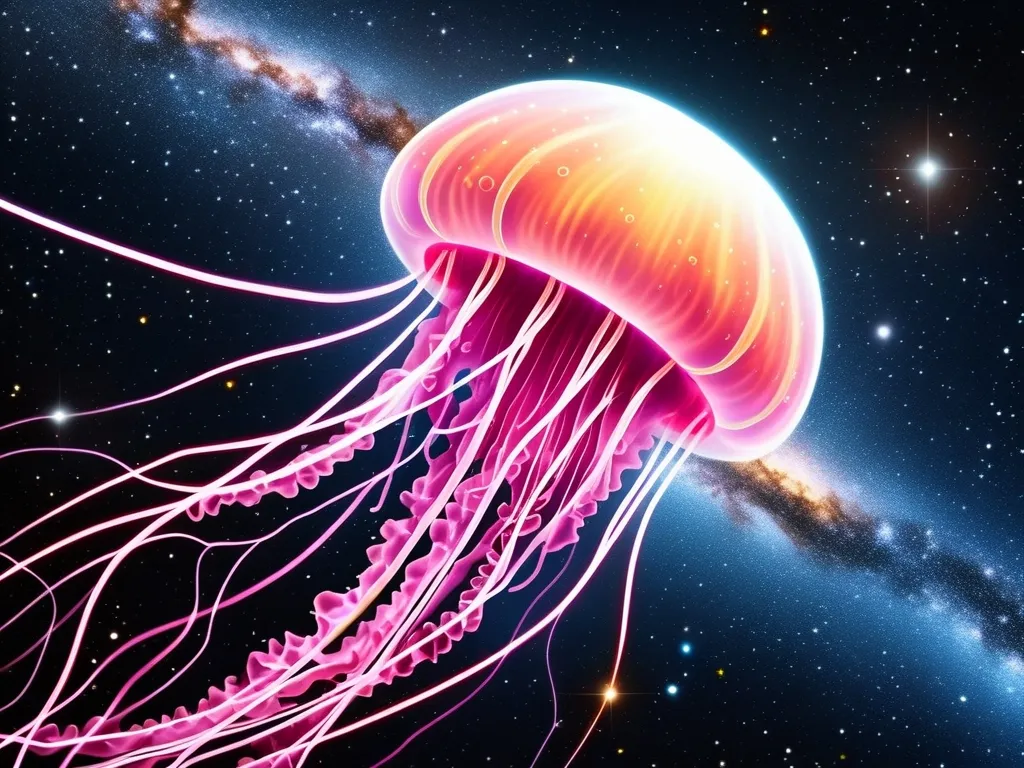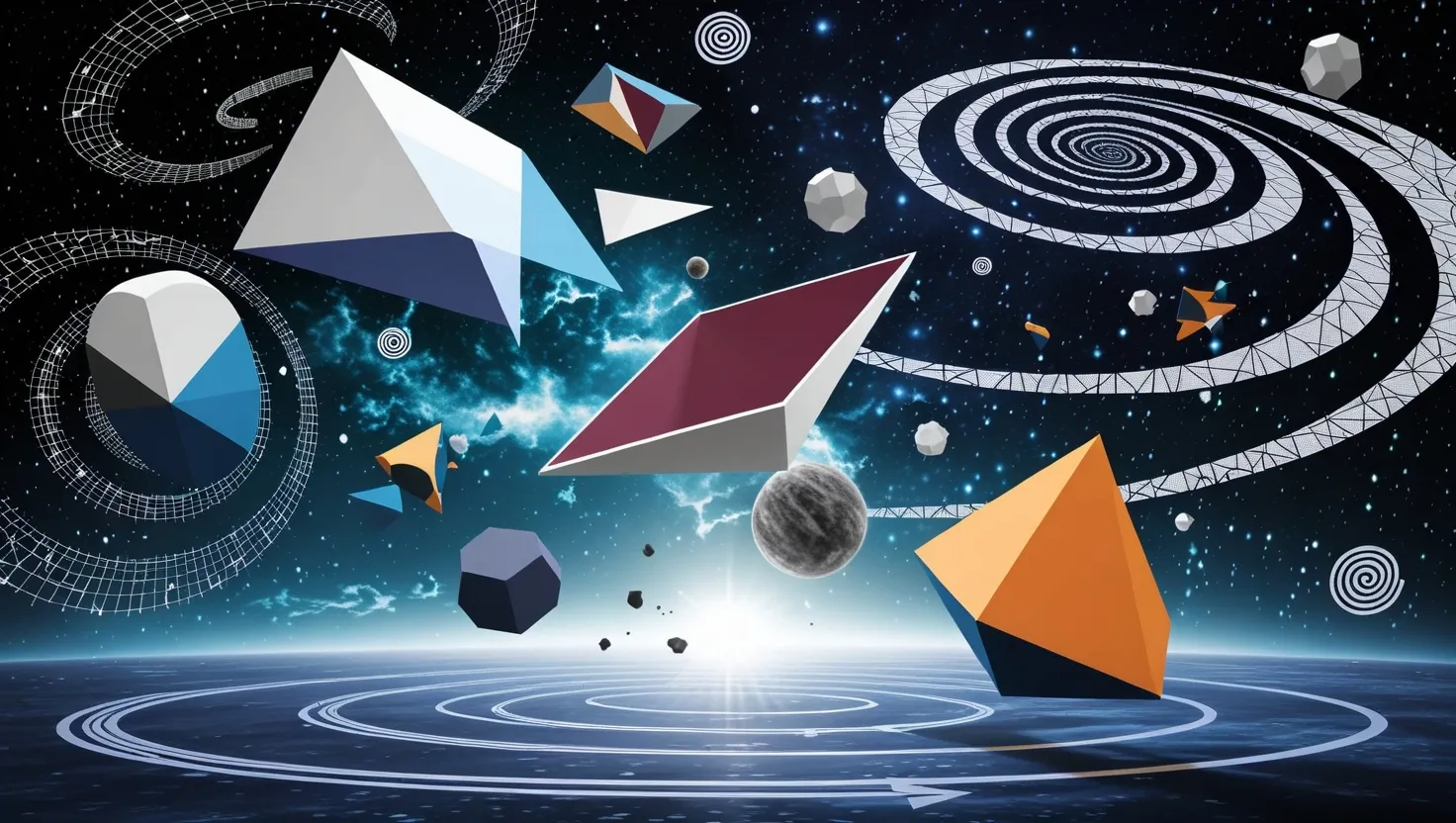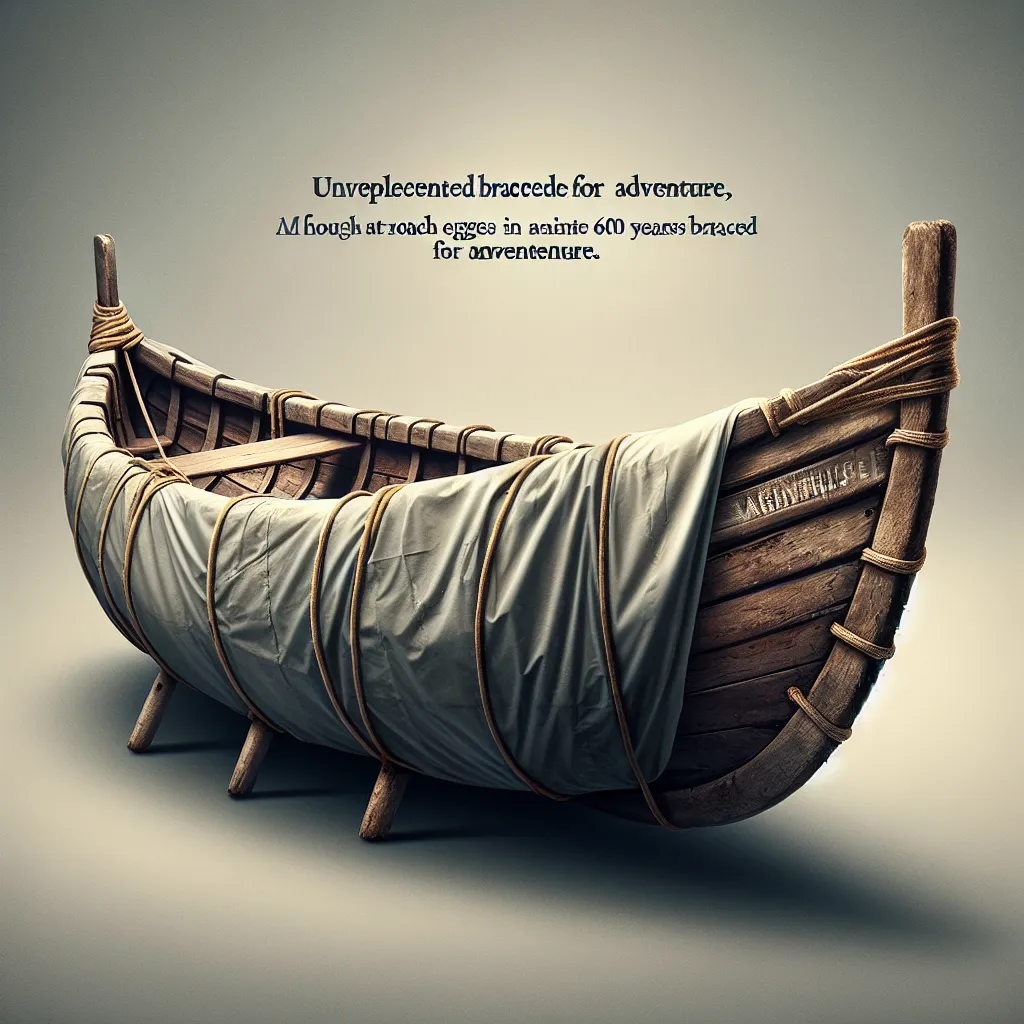In today’s episode of Manlab, we explored an array of forgotten skills and ventured into daring and comedic experiments. We tackled the age-old British political insult, claiming certain leaders “couldn’t run a whelk stall.” To test this, we sent the ever-enthusiastic Rory Barker to Whitstable with a £100 startup loan to see if he could turn a profit selling whelks. With fishing equipment rented cheaply and a crash course in shellfish management, Rory’s task seemed straightforward, but it quickly revealed itself to be more challenging than anticipated.
Rory’s expedition began in earnest as he set off along the water’s edge, hopeful and determined. His day involved getting hip-deep in waders, hauling whelk pots, and learning the nuances of cooking and storing the shellfish. Despite his endeavors, his budget began to dwindle as expenses mounted, from accommodations to bus fares and wader rentals. After a grueling first day and some creative selling pitches in Camden Lock Market, Rory ended up making a modest profit, thus proving he could indeed run a whelk stall, a feat some politicians allegedly could not manage.
Switching gears, the next adventure involved crafting our interpretation of bespoke entertainment by creating our own table football game. The construction was elaborate, featuring custom-made wooden players and a table lined with AstroTurf. This penalty shootout-themed game showcased our wood-carving skills and attention to detail and culminated in a tense and humorous match that highlighted the absurdity and fun of our creations.
Our whimsical experiments didn’t end there. Manlab tackled an all-too-common British predicament: losing track of one’s tea. We devised a temperature-sensitive alarm for a teacup, ensuring no more wasted brews. The process was intricate, requiring precise calibration to trigger an alarm below a drinkable temperature. The end result? A timely reminder that saved our tea from the cold.
But it was our final and most ambitious project that aimed to elevate the flailing fortunes of Skegness by giving it a “monster.” Inspired by other tourist-attraction legends like the Loch Ness Monster, we secretly constructed a sea creature named Susan, complete with moving parts and eerie eyes. After a stealthy night launch and some strategic maneuvering, Susan was set to make her debut off the Skegness coast. Despite some technical mishaps which saw part of Susan sinking, the carefully orchestrated sighting footage went viral. The local and eventually global media latched onto the myth, driving curious tourists to Skegness and injecting some much-needed excitement and revenue into the local economy.
From humble whelk stalls to innovative gaming tables and mythical sea monsters, Manlab’s blend of humor, creativity, and clever problem-solving proved once again that with a bit of ingenuity, even the most outlandish ideas can yield extraordinary results.
